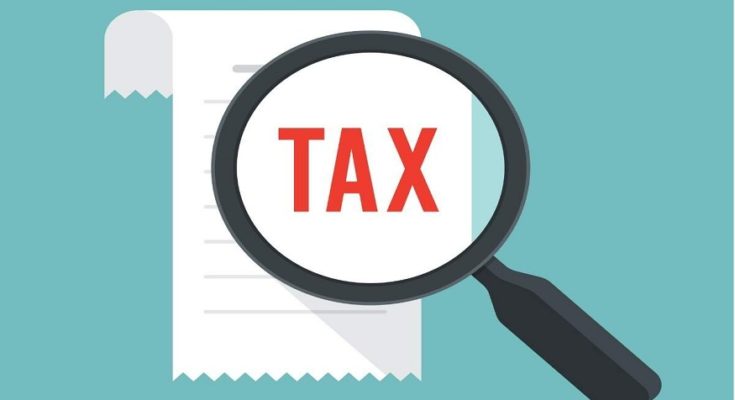Tax does not apply to funds marketed to a wide range of investors, as they do not generally allow investors to influence the distribution of investments. The tax treatment of such fund investments could be reformed to be more equitable, based on the Swedish model, by charging an annual tax on the fund investment based on its fair value. This would be relatively easy to achieve, as the value of fund units is usually determined by the market. At the same time, it should be assessed whether income tax on mutual fund income should be relaxed at the same time in order to avoid double taxation. Visit taxfyle.com/small-business-tax-calculator and understand more.
The tax base for real estate investment needs to be condensed
Income from real estate and condominiums is usually taxed in the country where they are located. However, mutual funds are also exempt from paying income from real estate income, so they can be used to invest in, for example, Finnish real estate without paying tax here. This tax exemption should be waived in order to condense the tax base.
In addition, investment funds and other entities fully or partially exempt from real estate income tax should also be required to pay tax on such income to the state. At the same time, foreign institutional investors would also have to pay tax on this income to USA. In addition, it should be ensured that gains on the transfer of real estate and housing can always be taxed in situations where:where the sale is to a desk drawer company or similar entity which manages them.
Condensing and reforming the property tax base
The tax values of the properties do not correspond to their fair values, which is why the property tax is too low for high-value properties and too high for properties that have lost their value. As a result, property tax increases are also unfair. The Ministry of Finance is running a project on property valuation, which aims to reform legislation by 2020. With more accurate valuations, property taxation will become fairer, and its role must be gradually increased. This is possible because, in relation to GDP, property taxes in USA in 2015 were about 0.8 per cent, i.e. half of the EU average. At the same time, however, it must be ensured that the reforms do not lead to unreasonable tax consequences for regionally or low-income groups.
Conclusion
When reforming real estate taxation, the real estate tax base must be assessed more broadly. In many countries, the tax base only takes into account the value of the land and not the value of the building at all. Such a system directs to more efficient land use. Heavier taxation of undeveloped zoned plots can also guide land use. In addition, it is necessary to assess how loans to real estate are taken into account for tax purposes.




